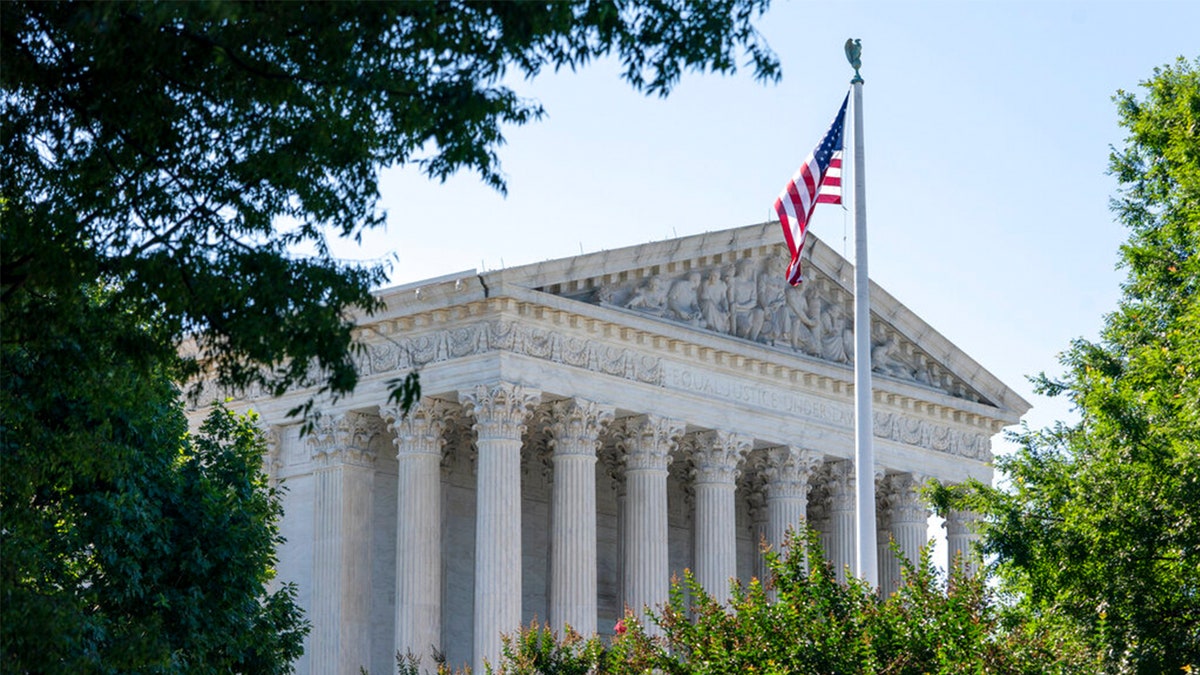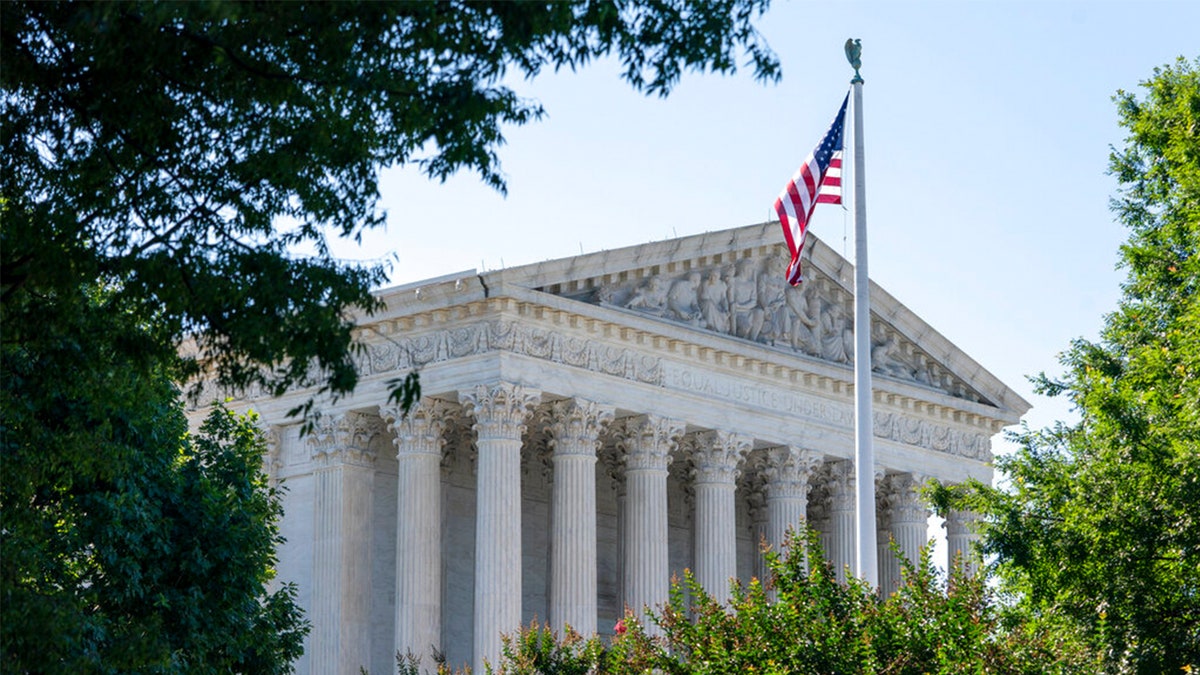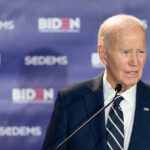
The Supreme Court on Friday ruled in favor of a group of fishermen who challenged a decades-old legal doctrine that they say gave the administrative state too much power over their business.
In a 6-2 ruling where Justice Ketanji Brown Jackson did not participate, the court’s majority said the federal rule promulgated by the National Oceanic and Atmospheric Administration (NOAA) requiring the fishermen to pay $700 a day for an “at-sea monitor” is out of the bounds Congress set for the federal agency.
The justices in January heard the arguments of two cases stemming from lawsuits brought by New Jersey fishermen and herring fishermen from Rhode Island challenging NOAA’s rule they say threatened to ruin their livelihoods.
The court’s decision overruled what’s known as the Chevron doctrine — a legal theory established in the 1980s that says if a federal regulation is challenged, the courts should defer to the agency’s interpretation of whether Congress granted them authority to issue the rule, as long as the agency’s interpretation is reasonable and Congress did not address the question directly.
“Chevron is overruled,” Chief Justice John Roberts wrote for the court’s majority.

The Supreme Court is seen on Wednesday, June 29, 2022, in Washington. (AP Photo/Jacquelyn Martin)
“Courts must exercise their independent judgment in deciding whether an agency has acted within its statutory authority, as the APA requires. Careful attention to the judgment of the Executive Branch may help inform that inquiry. And when a particular statute delegates authority to an agency consistent with constitutional limits, courts must respect the delegation, while ensuring that the agency acts within it,” he wrote.
“But courts need not and under the APA may not defer to an agency interpretation of the law simply because a statute is ambiguous,” he said.
READ THE SUPREME COURT DECISION – APP USERS, CLICK HERE:
He added that Chevron “was a judicial invention that required judges to disregard their statutory duties.”
“And the only way to ‘ensure that the law will not merely change erratically, but will develop in a principled and intelligible fashion,”he said.
Justice Clarence Thomas in a separate concurrence wrote that Chevron deference “permits the Executive Branch to exercise powers not given to it.”
“Chevron deference was ‘not a harmless transfer of power,'” Thomas wrote said.
“‘The Constitution carefully imposes structural constraints on all three branches, and the exercise of power free of those accompanying restraints subverts the design of the Constitution’s ratifiers.’ In particular, the Founders envisioned that ‘the courts [would] check the Executive by applying the correct interpretation of the law.,'” he continued.
“Chevron was thus a fundamental disruption of our separation of powers. It improperly strips courts of judicial power by simultaneously increasing the power of executive agencies. By overruling Chevron, we restore this aspect of our separation of powers,” he said.
Justice Neil Gorsuch also penned a separate concurrence saying, “Today, the Court places a tombstone on Chevron no one can miss. In doing so, the Court returns judges to interpretive rules that have guided federal courts since the Nation’s founding.”
During oral arguments earlier this year, Gorusch explained that case he saw “routinely on the courts of appeals—and I think this is what niggles at so many of the lower court judges—are the immigrant, the veteran seeking his benefits, the Social Security disability applicant, who have no power to influence agencies, who will never capture them, and whose interests are not the sorts of things on which people vote, generally speaking,” stated Gorsuch.
“[I] didn’t see a case cited, and perhaps I missed one, where Chevron wound up benefiting those kinds of peoples. And it seems to me that it’s arguable—and certainly the other side makes this argument powerfully—that Chevron has this disparate impact on different classes of persons,” he said.
CLICK HERE TO GET THE FOX NEWS APP
Gorsuch called Chevron a “recipe for instability.”








